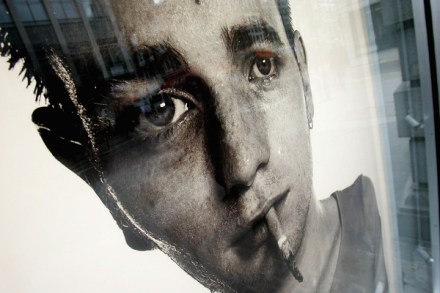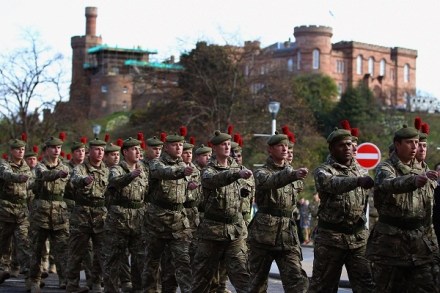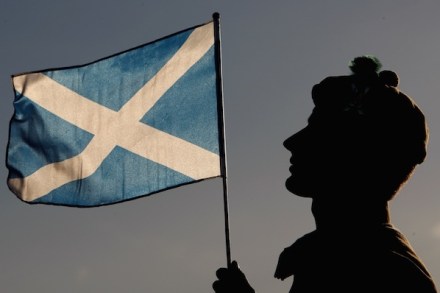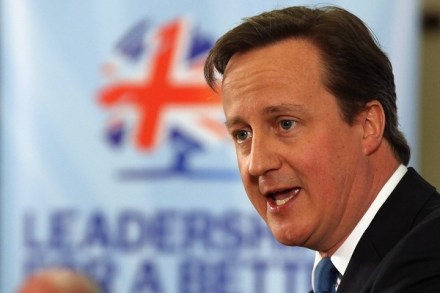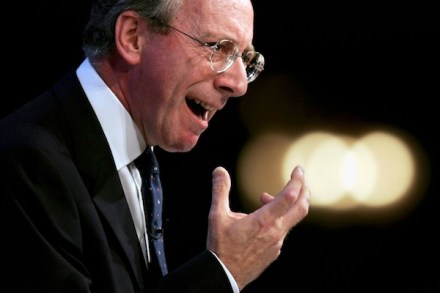Independent Scotland: socialist paradise or neo-liberal nirvana? – Spectator Blogs
Well, probably neither actually. But there’s every reason to suppose that just as some Unionists are fooling themselves when they discount the possibility of dear old Scotia thriving as an independent entity so some backers of independence may be deluding themselves if they think independence is a one-way ticket to a socialist paradise. That’s the premise of this week’s Think Scotland column, written in the aftermath of Jim McColl’s decision to be out for independence. McColl, Heid Neep at Clyde Blowers and reckoned worth a billion pounds or so, is Alex Salmond’s latest boardroom success. Admittedly McColl’s support is less than whole-hearted. It’s predicated upon Unionist reluctance to move much beyond





